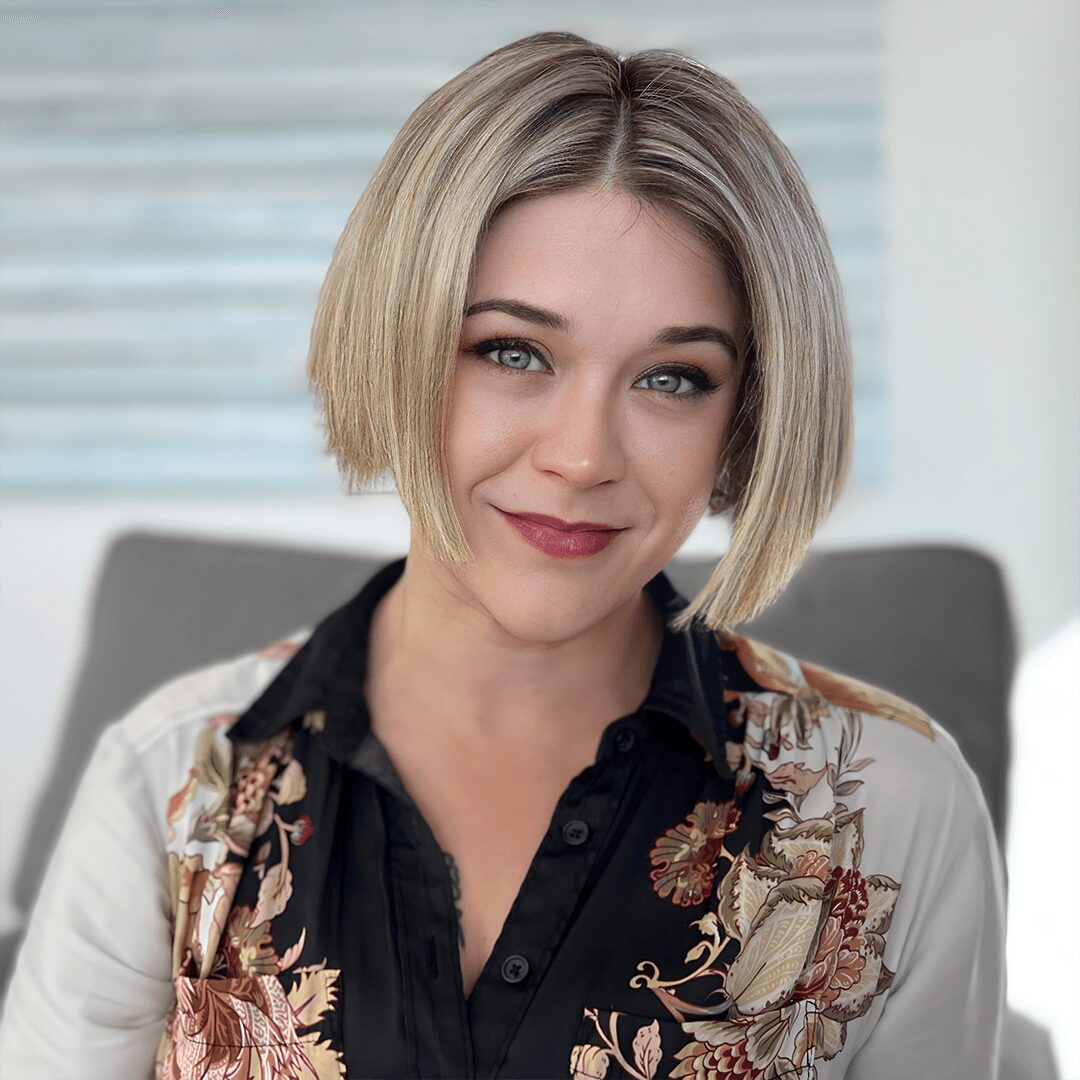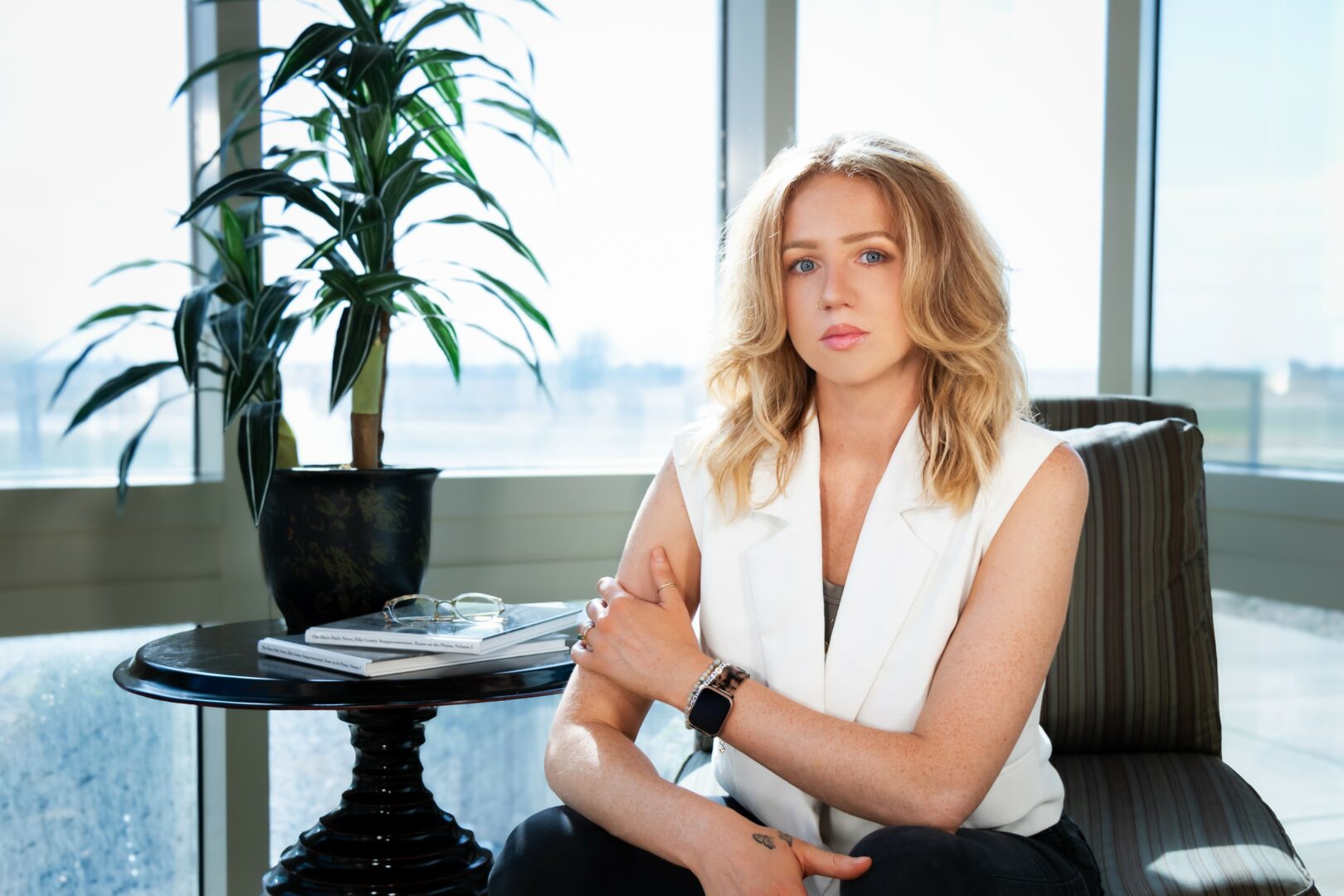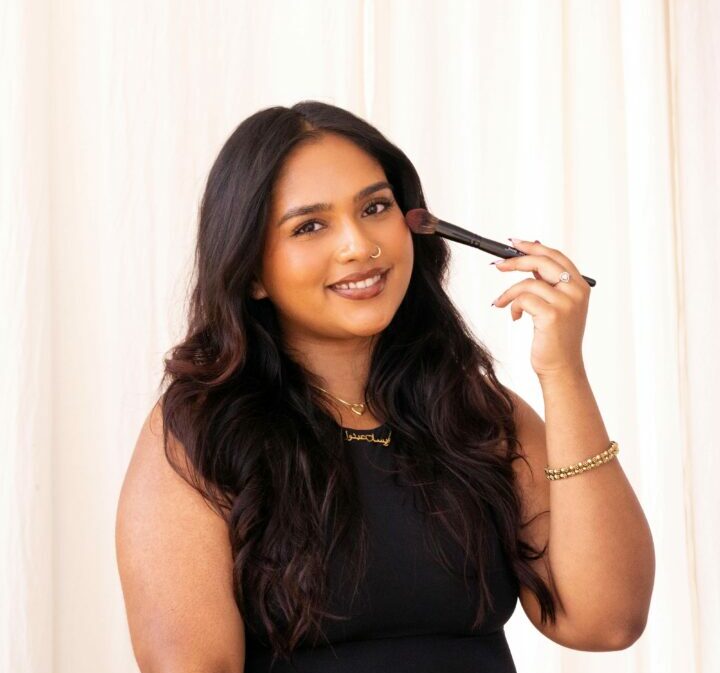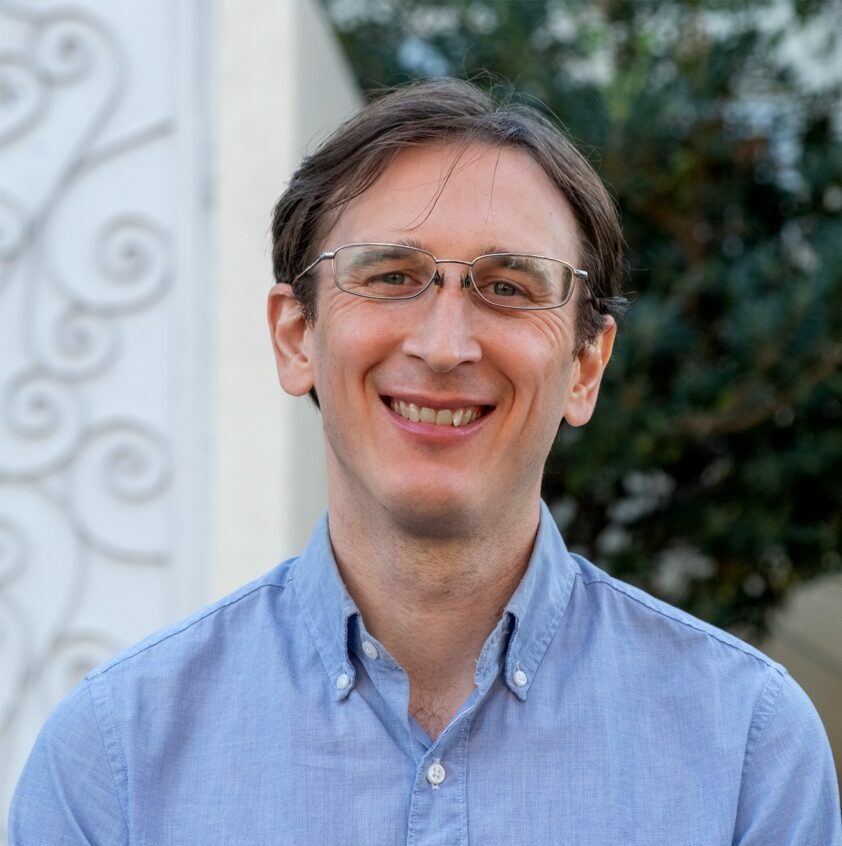We recently connected with Laura Musselman and have shared our conversation below.
Laura, thanks so much for taking the time to share your insights and lessons with us today. We’re particularly interested in hearing about how you became such a resilient person. Where do you get your resilience from?
Resilience, for me, isn’t something I was born with; it’s something I’ve built over time. I was an only child, which could be lonely, and I lost both of my parents within a few years of each other when I was in my twenties. That grief rearranged me. It was a crash course in learning that not everything can be fixed, and that sometimes, the best you can do is keep showing up anyway.
It doesn’t always look strong. Sometimes it’s getting out of bed and continuing on when it would be easier not to. Sometimes it’s taking a breath before responding to someone. Sometimes it’s asking for help.
These days, my resilience comes from a mix of necessity and community. The work I do takes place in systems that are unforgiving and slow to change, and the only way to keep showing up in those spaces is to stay connected: to the team I trust, the caregivers I support, and my child, who constantly reminds me what gentleness and patience look like. My resilience comes from the people who let me be human.
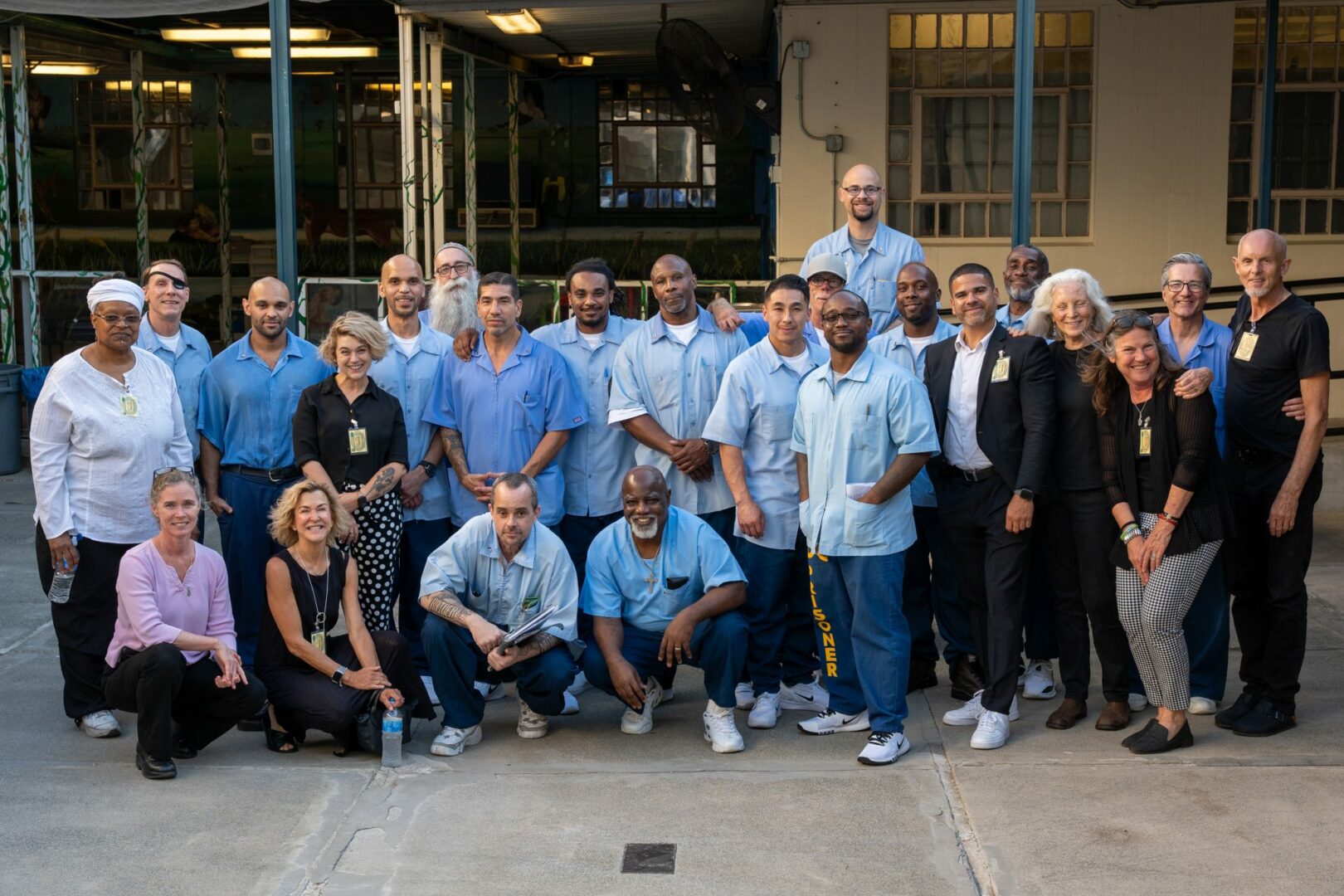
Thanks, so before we move on maybe you can share a bit more about yourself?
I’m the director of development and communications for the Humane Prison Hospice Project, a nonprofit working to transform end-of-life care in prisons by training incarcerated people as peer caregivers. Our work acknowledges the reality that prisons are not designed for care, and yet, people still find ways to show up for one another.
What I find most powerful about this work its ability to change the culture, even in small ways. When incarcerated people are trusted to provide care, it reshapes relationships among staff, medical teams, and residents. It’s a quiet kind of systems change, one that’s grounded in trust, dignity, and shared humanity.
We’ve completed trainings in five California prisons and are expanding into Michigan, Oregon, and Washington, building partnerships that center community-based care models and demonstrate what’s possible when people are given the tools and trust to care for each other.

If you had to pick three qualities that are most important to develop, which three would you say matter most?
Looking back, the three qualities that have mattered most are adaptability, curiosity, and perspective.
Adaptability is essential because nothing in this work is predictable! From navigating prison logistics to tailoring programs for each site’s realities, plans are only as useful as your ability to revise them.
Curiosity keeps the work grounded and responsive. Every environment has its own culture, limitations, and possibilities. Staying curious allows us to adapt what we know to what’s actually achievable, and to stay in conversation—rather than assumption—with the people most affected.
Perspective is what makes the work sustainable. Change inside these systems is slow and rarely linear, and remembering that helps me stay focused on what’s possible, even when the pace feels impossible.
For anyone starting out: stay flexible, stay curious, and treat listening as a core skill. It’s how meaningful change actually begins.
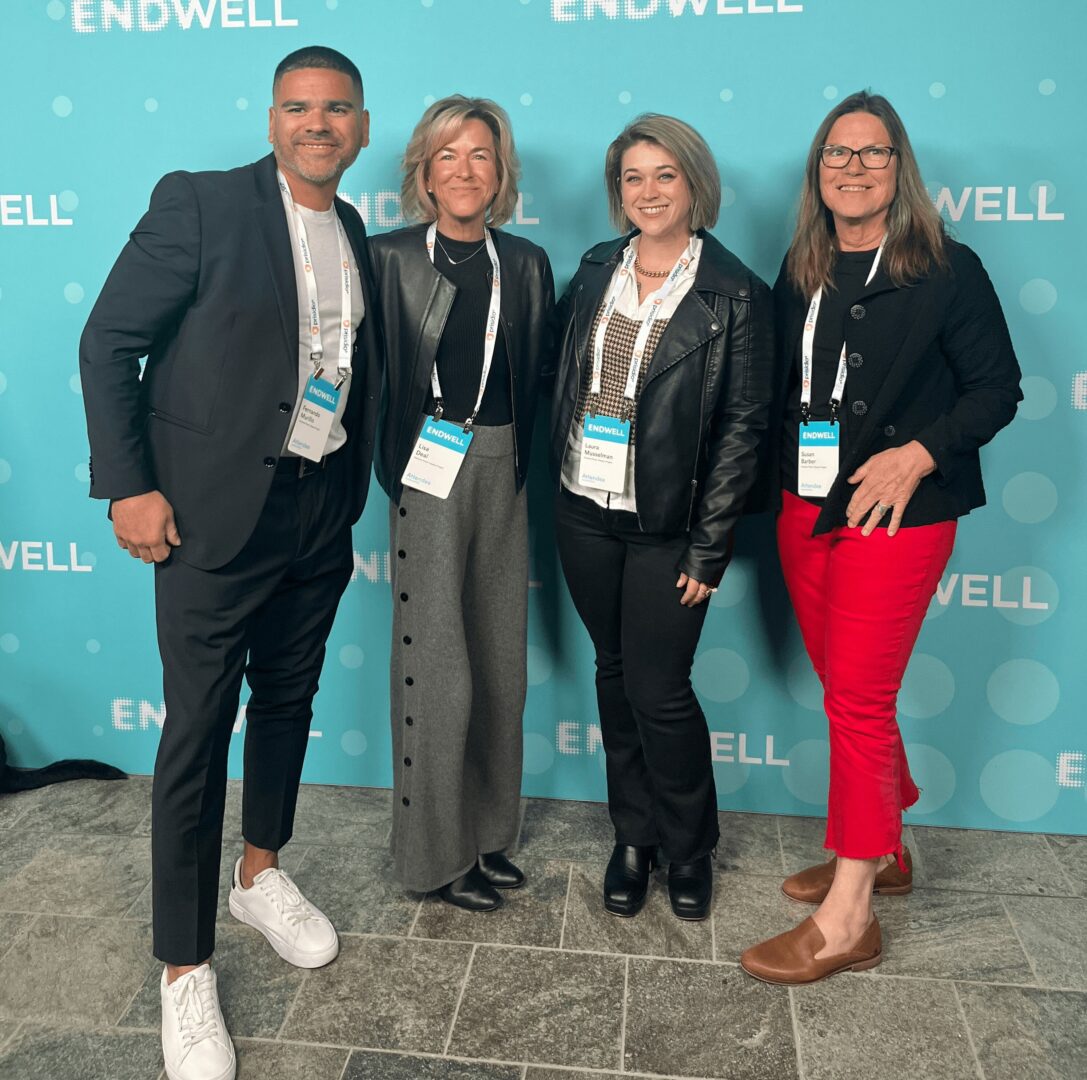
Before we go, maybe you can tell us a bit about your parents and what you feel was the most impactful thing they did for you?
It may sound like a strange answer, but if I’m being honest, the most impactful thing my parents did for me was die when I was still young enough to believe I had time to prepare for it. Losing them forced me to grow up fast, and to understand impermanence in a way I couldn’t have otherwise. It changed everything about how I see time, work, and care.
The most valuable lesson I took from that experience was to stop assuming there will always be more time. I still struggle with it sometimes, but I try to remind myself to say what needs to be said, to rest when I need to, and to make space for the people I love. That awareness shapes everything: how I mother, how I work, and how I try (and occasionally fail) to balance both. It keeps me focused on what actually matters, and on building a life that feels intentional and authentic—even when it’s a little chaotic!
Contact Info:
- Website: https://www.humaneprisonhospiceproject.org
- Instagram: @humaneprisonhospiceproject
- Facebook: @humaneprisonhospiceprojectca
- Linkedin: https://www.linkedin.com/in/laura-musselman/

Image Credits
OPEC CDCR, CMF Hospice
so if you or someone you know deserves recognition please let us know here.

